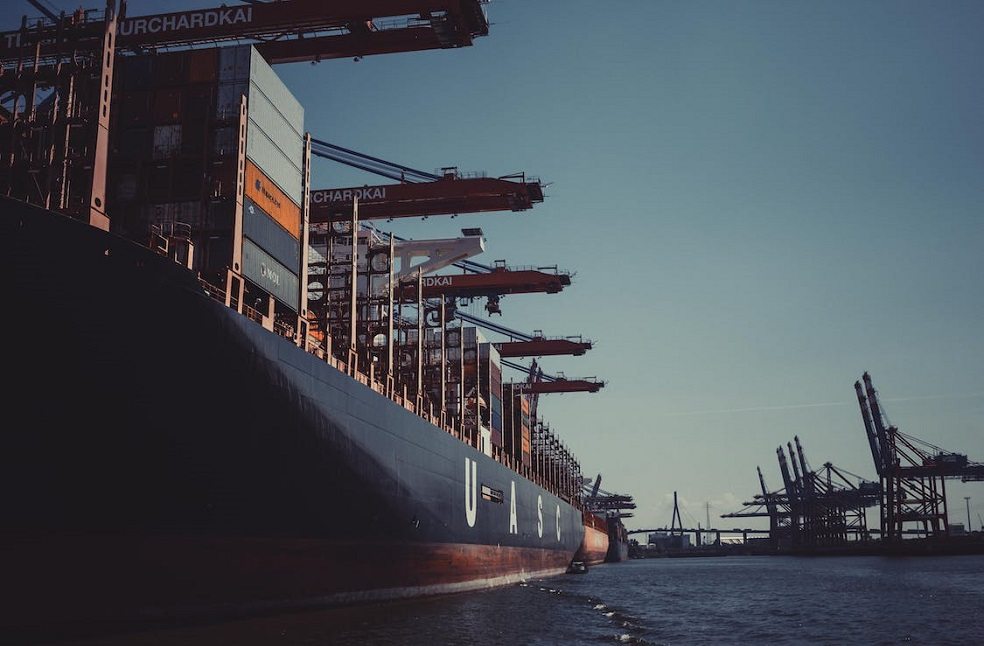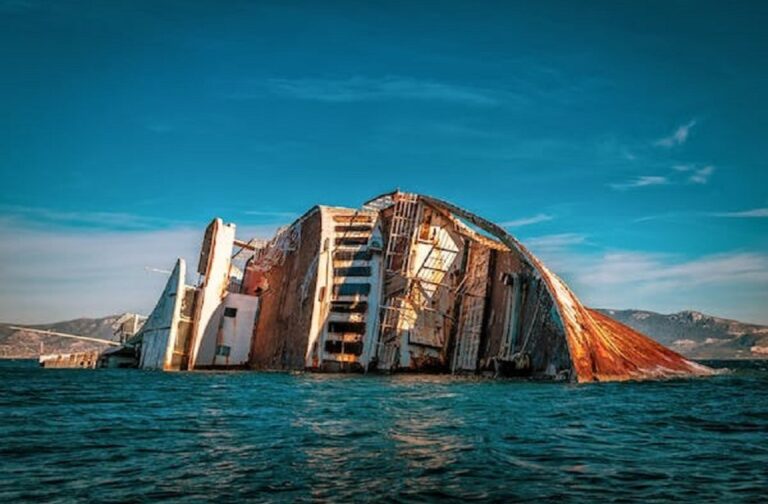Bangladesh: Human Rights Watch has stated that European maritime companies are ditching their old ships for scrap on beaches in Bangladesh in dangerous conditions that have killed workers pulling them apart. Bangladesh’s southeastern Sitakunda beaches have emerged as one of the world’s largest shipbreaking yards.
According to the HRW report, European firms are among the shipping companies to have sent 520 vessels in harmful and polluting conditions to the site since 2020.
“Companies scrapping ships in Bangladesh’s dangerous and polluting yards are making a profit at the expense of Bangladeshi lives and the environment. Shipping companies should stop using loopholes in international regulations and take responsibility for safely and responsibly managing their waste,” HRW researcher Ms. Julia Bleckner commented.

“Workers described injuries from falling chunks of steel or being trapped inside a ship when it caught fire or pipes exploded,” HRW said in their report, published jointly with the Belgian-based NGO Shipbreaking Platform. According to the Bangladeshi environmental group Young Power in Social Action, at least 62 workers have been killed by accidents in Sitakunda’s shipbreaking yards since 2019.
The report was made after interviewing 45 shipbreaking workers, workers’ relatives, and 10 doctors, as well as experts on ship recycling and Bangladesh’s environmental and labour laws. The analysis covered public shipping databases, company financial reports and websites, Bangladesh maritime import records, and leaked import certificates.
Human Rights Watch wrote to 21 companies seeking a response to their findings, including shipbreaking yards, shipping companies, flag registries, and cash buyers, as well as the International Maritime Organisation and four Bangladeshi government agencies.

“International and regional laws prohibit the export of ships to places like the yards in Bangladesh that do not have adequate environmental or labour protections. Yet many shipping companies have simply found ways to circumvent regulations and avoid culpability,” Human Rights Watch and the NGO Shipbreaking Platform noted.
“Instead of investing time and resources in greenwashing unsafe practices, companies should invest in proven safe methods of ship recycling, and they should stop insisting that beaching ships is safe,” the ogranizations further remarked.



